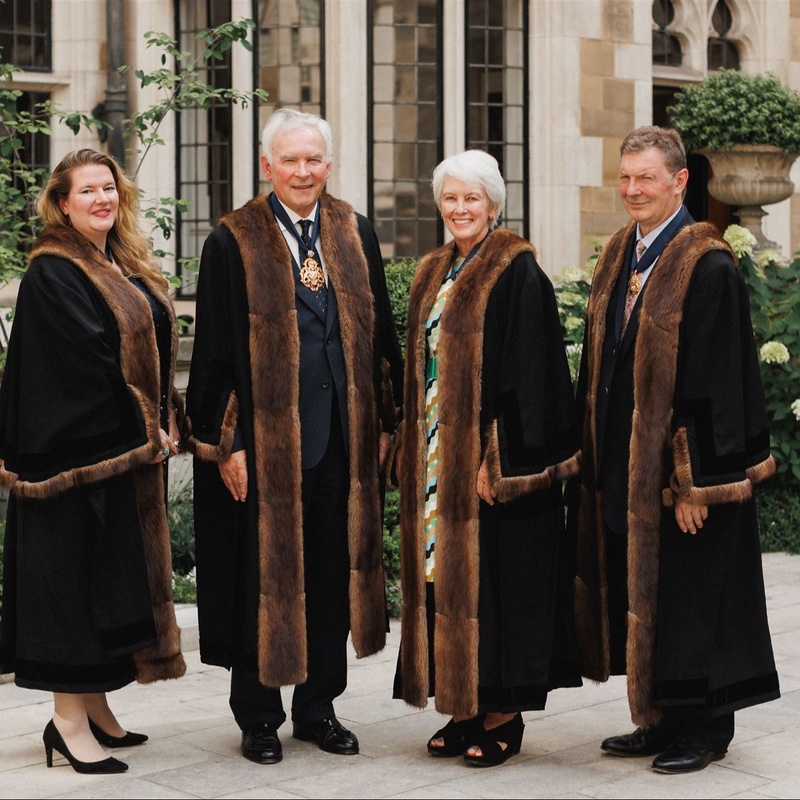

The Coronavirus Appeal: Impact Reports from Our Charities II
22 July 2020
Following on our previous impact report focusing on several charities supported through the Foundation's Coronavirus Appeal, read on for further news from two charities working amidst phenomenal challenges due to COVID-19.
Depaul UK and Resources for Autism share how through the Foundation's grant-making they have been able to support and help some of their most vulnerable and isolated service users.

Depaul UK
Depaul UK works with young people facing homelessness. The charity employs preventative measures – working with families where young people may be at risk of becoming homeless – to helping young people access temporary and also permanent housing. Depaul UK also assists their service users in getting their lives back on track through specialist long-term support, a fundamental aspect of ensuring that the young people in their care will be able to manage once they leave Depaul UK's services.
As we are well aware, the decisions we take or are made on our behalf when we are young can impact the rest of our lives, and so Depaul UK strives to ensure that there are always opportunities for young people in crisis.
As COVID-19's economic impact begins to take shape, the 16-25 age group is among the hardest hit as they make up a large component of the retail, tourism and gig economies. This means that in addition to those already in need of help, millions more young people are plunged into vulnerable circumstances.
The video below shows how the charity's service users have been supported at this time and how they've found lockdown.

Resources for Autism
Merchant Taylors’ Foundation's grant has helped to support two of this charity's central programmes, Reach Out and Triage First Response. Both programmes help isolated families affected by autism in Southwark and neighbouring boroughs during the COVID 19 lockdown.
Reach Out supports families through a weekly visit by a volunteer for at least 6 months. The volunteer will engage with the child with autism to help them to develop play skills, learn to take turns, or to try new foods. For families with no other means of support, and on low incomes, this service is considered a real lifeline.
At the time of lockdown Resources for Autism (RfA) moved very quickly to establish which of their families were highly vulnerable and would benefit from continued face to face visits if the volunteer could be supplied with necessary PPE. In a couple of cases this continued. Where families could not be visited, RfA rapidly raised funds to equip volunteers and staff with smart phones and tablets that enabled them to have virtual sessions with children – sharing songs and games, or art or simple cooking activities together.
Some volunteers chose to return to their home countries, and so in some cases, sessions were arranged by volunteers in India and Italy!
Our emergency helpline quickly identified the shock and strain experience by our families through the sudden cessation of school and all support activities. We sent every family a personalised home isolation kit, containing a behaviour support guide, ideas for structuring the day, toys and sensory items.
One parent wrote about her son:
”Losing his routine/daily structure has greatly been affecting his well-being. E has some difficulties to intake food regularly due to his autism. Coupled with his poor sleep, his food intake has become far less than it should since we had lockdown, resulting losing his body weight which has alerted his health care professional. But when he opened your isolation pack and found there was a Rubik's Cube inside, his eyes suddenly sparked. He became very cheerful and started playing it immediately! He also appreciated very much the fact that you popped in and delivered the pack in person. He felt he was very lucky to have RfA.
Our Triage First Response service has also continued to operate as we have continued to receive new referrals from families and professionals during the crisis. Our family support experts have been able to offer support over the telephone, arrange for home isolation packs to be sent, and establish which services may benefit the family once lockdown is relaxed.
The COVID 19 crisis has further emphasised to us the importance of our autism specific work with children with autism, and the support that we can give to families to reduce the risk of breakdown.

